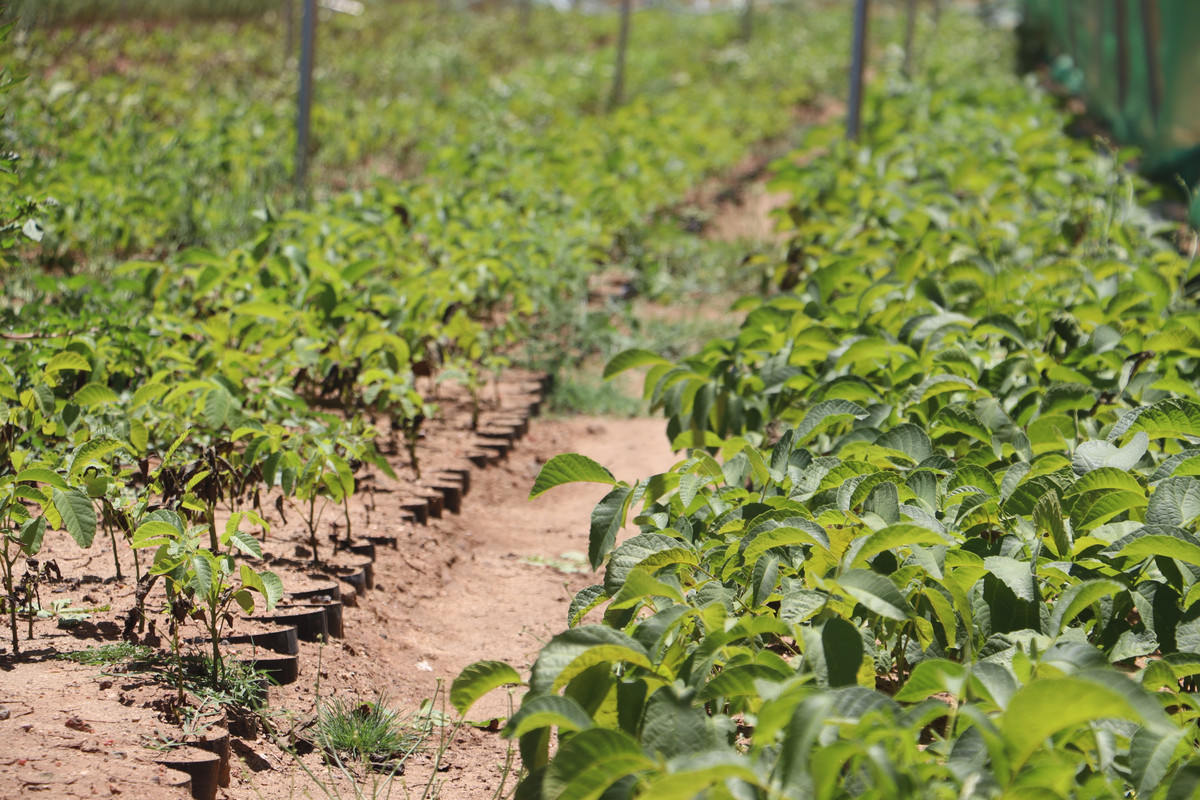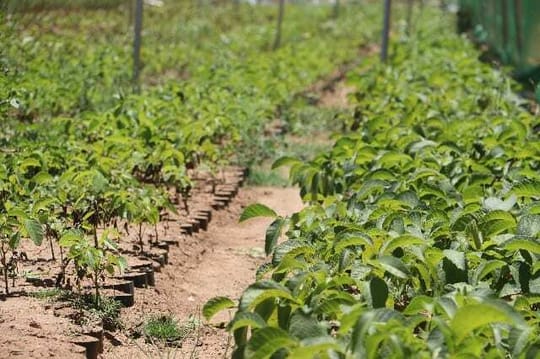By Jasiah Hasan, HAF-UVa Intern

On July 19, 2021, LEAP4FNSSA hosted a webinar event to share and emphasize the importance of collaboration between the African Union and the European Union. The event focused specifically on collaborations regarding agricultural innovations and food and nutrition security. LEAP4FNSSA is a project dedicated to supporting the implementation of long-term AU-EU research. The acronym “FNSSA” stands for “Food and Nutrition Security and Sustainable Agriculture,” and the project hopes to benefit both African and European people. As such, speakers at this event discussed at length the importance of expanding stakeholder and end-user networks and increasing stakeholder engagement in order to expand the AU-EU collaboration platform.
Keynote speaker Marta Iglesias outlined current challenges within African and European agriculture, like pests, land degradation, the COVID-19 crisis, and climate change. Challenges like these require research and innovation, two key components of LEAP4FNSSA’s mission. Areas of research include the green growth model, climate, public health, investment, and sustainable energy. LEAP4FNSSA hopes to create agricultural systems that are equitable, have low carbon footprints, and are resilient. The goal for the project is to become a long-term government mechanism to disseminate these equitable systems across Africa, which means there needs to be increased communication across projects, connections between stakeholders, and secured funding.
LEAP4FNSSA has used survey data and feedback to create a new AU-EU multi-stakeholder platform. Stakeholders include funders, decision makers, farmers, consumers, and more. Speaker Carlo Sansiviero spoke about the importance of sustainability in multi-stakeholder platforms, which can be accomplished through cultural integration and trust. Sustainability ensures user-friendly and accessible services, increased quality of services, and ensures that AU-EU institutions participate regularly. Of course, simply having stakeholders is not enough. Norhan El Dallal spoke about needing to create coherence between stakeholders and exposing young entrepreneurs to investors, scientists, and political decision makers. This will ultimately increase FNSSA’s future partnerships. She also discussed the importance of strengthening rural areas to overcome crises (like COVID-19) by involving the private sector and taking a participatory approach. It should be noted that the research and innovation partnership between the AU and EU via the FNSSA project is not an aid paradigm but rather a partnership. Ideally there is no hierarchy or imbalance of power between the two partners. As speaker Melissa Plath elaborated, the partnership allows for joint design, ownership, and management, and is a democratic and diverse platform.
All in all, the LEAP4FNSSA’s dissemination event was a productive discussion regarding the creation of a sustainable partnership between the AU and EU in terms of research and innovation. Attendees were able to learn about the importance of network building and knowledge exchange, as well as goals regarding the production of healthier foods, lowering carbon outputs, and mobilizing youth to transform food and agricultural systems in Africa.
Jasiah Hasan is a student at the University of Virginia and an Intern at the High Atlas Foundation.
